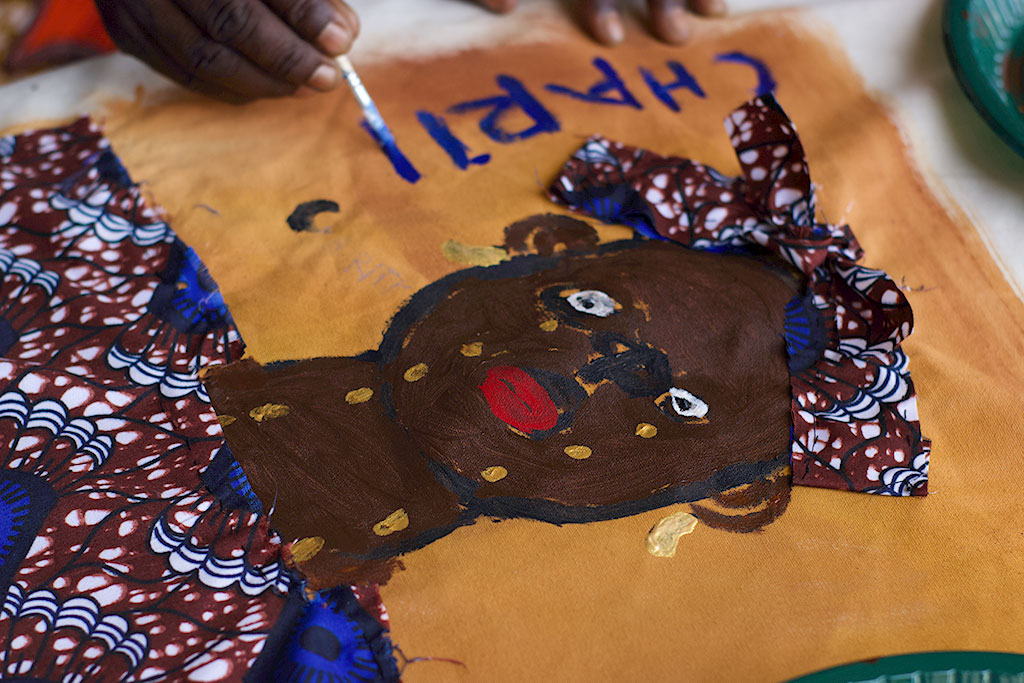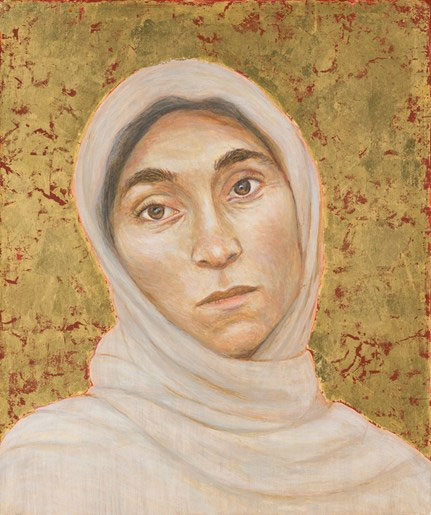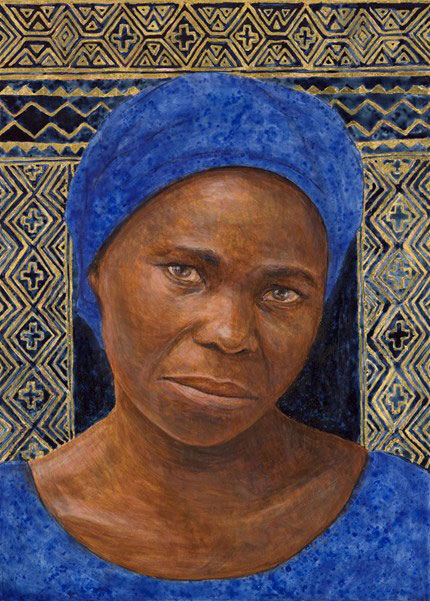
Michel Gondry’s Eternal Sunshine of the Spotless Mind came out in 2004. Twenty years on, its stubborn insistence that the memory of pain gives meaning to our lives is as relevant as ever.
I first watched Gondry’s cult classic earlier this year, in the midst of recovering from postnatal PTSD. When we are faced with heartbreak, it can be easy to wish that we could retreat from painful memories, hiding them away until the initial pang has seemingly died down. That was my experience, at least. But I quickly learnt that the traumatic memory of my daughter’s birth would continue to resurface until I processed it and accepted it as part of my life. Just so, Eternal Sunshine of the Spotless Mind teaches us that being vulnerable to suffering is a gift, that suffering itself is necessary to our moral growth, and that our ability to remember the past is an invaluable faculty of the human mind.
The film begins simply, with a meeting between its protagonists, Joel Barish and Clementine Kruczynski. As Joel and Clementine start making small talk, they seem immediately comfortable, almost familiar with each other, and yet the atmosphere is eerie. Soon enough, we discover that Clementine was a patient at Lacuna, a clinic which erased every memory of Joel from her mind after their two-year relationship ended in a painful breakup. When Joel finds out, he asks Dr. Howard Mierzwiak, the director of Lacuna, to do the same for him. As viewers, we now start to wonder: was that meeting we witnessed their very first, or have they met again after their memories were erased, unaware that they loved each other in a ‘past’ life?
This tone of disorientation continues throughout the film, and that’s what makes it so special. As Joel’s memories of Clementine are erased one by one, he realises that the removal of one’s painful experiences is in itself a kind of trauma; what promises to be a relief, turns out to be nothing more than loss.
We experience this sense of disorientation and loss alongside Joel as we jump through snippets of his and Clementine’s happiest and saddest moments together, trying to piece together in our minds a linear narrative of their relationship. While this is happening, the film’s subplot focuses on Stan, Patrick, and Mary, three young people working for Lacuna. As Stan and Patrick, the ‘technicians’, work on Joel’s memory removal, Mary, Lacuna’s naive receptionist, muses on the beauty of their mission. She begins quoting aloud the passage of poetry which inspires the film’s very title, taken from Alexander Pope’s verse epistle Eloisa to Abelard (1717):
How happy is the blameless vestal’s lot!
The world forgetting, by the world forgot.
Eternal sunshine of the spotless mind!
Each pray’r accepted, and each wish resign’d.
Mary has an idealistic vision of her work: she believes she is helping suffering people experience the kind of ‘eternal sunshine’ that only a ‘spotless mind’ can achieve. But the human mind is not so simple. Joel’s desire for forgetfulness quickly turns nightmarish. As he realises he has made a mistake, he starts fighting to retain the memory of his love for Clementine, but his is a hopeless quest. Dr. Mierzwiak’s intervention ensures that the procedure is completed.
Left alone without Stan and Patrick, Mary confesses to the married Dr. Mierzwiak that she is in love with him. It is at this point that her idealism crumbles down. He reveals that they’ve already had an affair in the past and that she agreed to let him erase its memory from her mind. Mary is devastated. She decides that what Lacuna is doing is unethical - even if Mierzwiak technically has the patients’ consent to the procedure - and releases the clinic’s files back to the patients. It is this decision which leads Clementine and Joel, just a few days after they ‘meet’ again, to discover that they’ve already loved each other in the past.
Accepting suffering and holding it in our hearts, not with bitterness, but rather with courage, requires endless patience and infinite hope.
Although the script of the film doesn’t spell it out, Mary’s story emphasises that the absence of painful memories is in itself experienced as a painful loss. What’s more, it shows that, without the memory of the suffering which we have inflicted on others, and which others have inflicted on us, we are incapable of moral growth. Thanks to the knowledge of the past, Mary is able, this time around, to resist having an affair with a married man. Just so, the final scene of the film, which sees Joel and Clementine vow to renew their relationship, is hopeful not in spite of the fact that they have regained the memory of the ways in which they hurt each other in the past, but precisely because of it.
Accepting suffering and holding it in our hearts, not with bitterness, but rather with courage, requires endless patience and infinite hope. But that is what we were made for. Each one of us is called to endure pain in imitation of Christ, and, out of that pain, to discover a greater capacity for sacrificial love. We make meaning out of pain: that’s what human beings do.
The very last lines of Eternal Sunshine of the Spotless Mind perfectly express the fruits of this Christ-like acceptance. As Joel reassures Clementine that he can’t see anything he doesn’t like about her, she expresses her doubts and anxieties: ‘But you will! But you will.’, she repeats, ‘You know, you will think of things. And I’ll get bored with you and feel trapped because that’s what happens with me.’ Joel and Clementine look at each other, and, after a pause, they simply say to each other: ‘Okay’. Their ‘okay’ is not an indication that they are doomed to repeat old mistakes. Rather, it signals a new choice: this time, when their relationship becomes difficult, they won’t just run away; this time, they will face discomfort, heartbreak, and disappointment, armed with the knowledge that seeking a sense of permanence by loving another person completely is an inherently valuable pursuit. In accepting the most traumatic parts of our past we grow closer to God; and in bravely deciding to look ahead to the future with hope, we catch a glimpse of the unadulterated joy which we will finally experience in God’s eternity.










